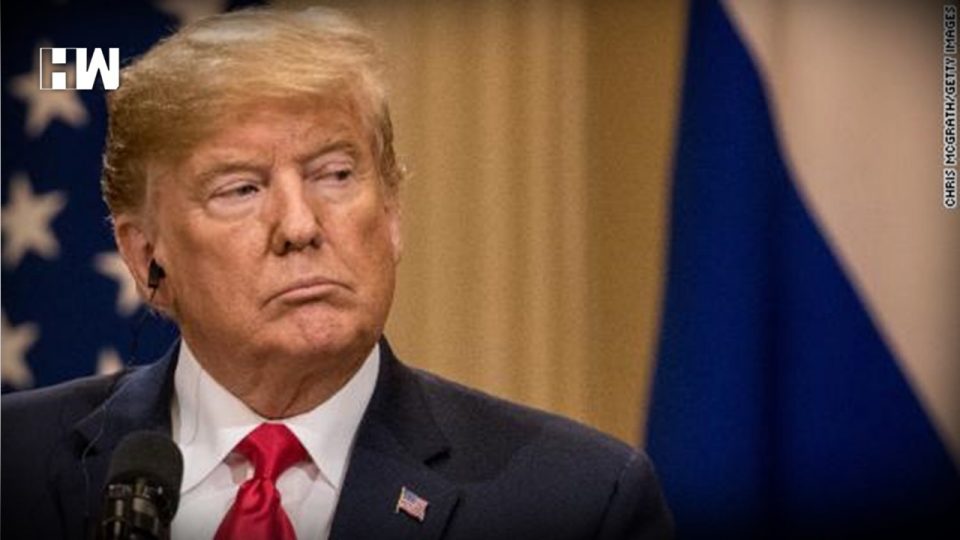Trump has lauded the drug as a “gift from God” in its potential to cure COVID-19. But India, the world’s main supplier of generic drugs, has banned its export.
Washington| US President Donald Trump has said “there may be retaliation” if India does not agree to export hydroxychloroquine, a key anti-malarial drug believed by many to be effective in the treatment of coronavirus.
His remarks come nearly two weeks after the government banned the export of the drug as experts test its efficacy in helping treat COVID-19 patients.
“I would be surprised if he (Prime Minister Narendra Modi) would, you know because India does very well with the United States,” Mr Trump said at a White House press briefing on Monday, when a reporter asked whether he was worried about “retaliation to the US ban on the export of medical goods” from India.
“I don’t like that decision, I didn’t hear that that was his decision. I know that he stopped it for other countries. I spoke to him yesterday, we had a very good talk and we’ll see whether or not that’s his… For many years, they’ve been taken advantage of the United States on trade. So I would be surprised if that were his decision. He’d have to tell me that. I spoke to him Sunday morning, called him, and I said, we’d appreciate you allowing our supply to come out. If he doesn’t allow it to come out. That would be OK. But of course, there may be retaliation. Why wouldn’t there be,” the US President said.
Also Read: US wants India to embrace fair and reciprocal trade, lower barriers
On Saturday, Trump had said that he spoke to Prime Minister Modi and made a request to release Hydroxychloroquine for the US.
India’s trade regulator, on Saturday, announced the ban on “exports of the drug and its formulations,” the same day Trump had made a request for its supplies in a telephone call to Modi.
Amid rising pressure, however, the government is likely to take a decision on the matter today and clear the move after calculating sufficient stocks for the country, sources have told NDTV.
Sources say there may be a partial lifting of the ban to restrict the export of hydroxychloroquine and paracetamol depending on the availability of stock after meeting domestic requirements. Such decisions may be taken by the foreign ministry and the department of pharmaceuticals.
(Input from Agencies)
As an independent media platform, we do not take advertisements from governments and corporate houses. It is you, our readers, who have supported us on our journey to do honest and unbiased journalism. Please contribute, so that we can continue to do the same in future.

